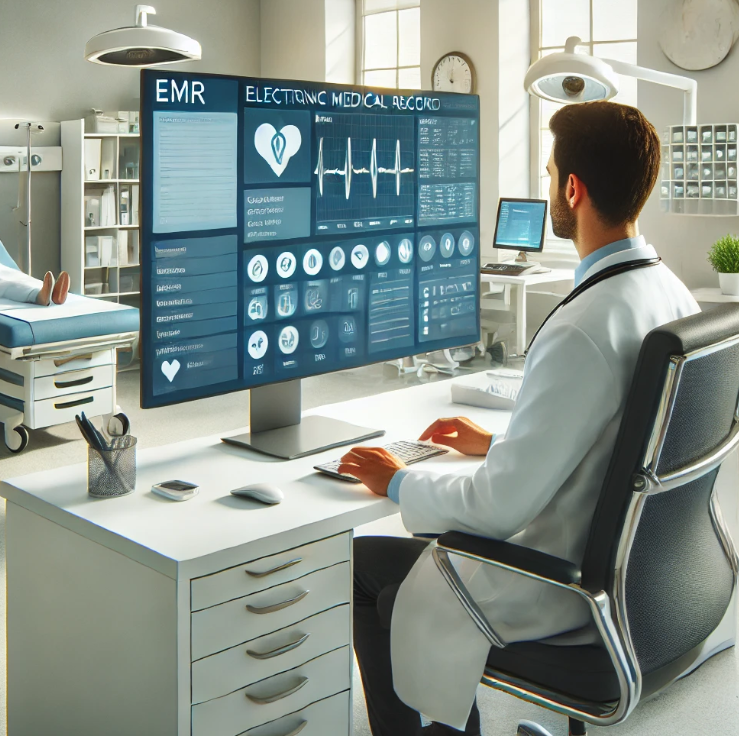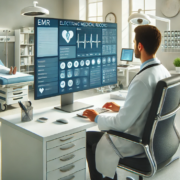What is EMR Software?
What is EMR?
EMR, or Electronic Medical Records, is a digital version of a patient’s paper chart. It’s a real-time, patient-centered record that empowers you with instant and secure access to patient information. Unlike traditional paper records, an EMR is a single-practice system that contains the medical and treatment history of your patients. However, it’s important to note that an EMR is not as comprehensive as an Electronic Health Record (EHR), which includes records from multiple practices and provides a broader view of a patient’s health.
EMRs have several key features that distinguish them from traditional paper records:
- Improved Data Management: EMRs allow for the efficient storage, retrieval, and management of patient data. This includes medical history, diagnoses, medications, treatment plans, immunization dates, allergies, radiology images, and laboratory test results.
- Enhanced Patient Care: By making patient information readily available, EMRs improve the quality of care. They enable healthcare providers to track data over time, identify patients due for preventive visits and screenings, monitor patients’ health, and improve overall quality of care.
- Better Coordination: EMRs facilitate better coordination of care among different healthcare providers. They enable the seamless exchange of information, thus reducing errors and improving patient outcomes.
- Increased Efficiency: EMRs streamline the documentation process, reduce paperwork, and enhance operational efficiencies within a practice. This results in more time for patient care and reduced administrative costs.
- Regulatory Compliance: EMRs help practices meet various regulatory requirements, including privacy and security, as well as protecting patient information.
How to Use EHR Guide to Review Popular EMR and EHR Software Systems
EHR Guide is an invaluable resource for healthcare providers looking to review and compare EMR and EHR software systems. Here’s how you can use our website to find the best solution for your practice:
- Explore Comprehensive Reviews: EHR Guide provides detailed reviews of the most popular EMR and EHR systems. Each review covers key features, pros and cons, pricing, user feedback, and overall performance. This helps you get a comprehensive understanding of what each system offers.
- Compare Multiple Systems: Our tool allows you to compare multiple EMR and EHR systems. You can compare features, costs, user ratings, and more, making it easier to narrow down your options based on your specific needs.
- Read Expert Insights: Our team of healthcare IT experts regularly publishes articles and insights on the latest trends and developments in EMR and EHR technology. These insights can help you stay informed about industry best practices and innovations.
- User Testimonials: Hear from other healthcare providers about their experiences with various EMR and EHR systems. User testimonials provide real-world insights into how these systems perform in healthcare settings.
- Request Demos and Quotes: Through EHR Guide, you can request demos and quotes directly from EMR and EHR vendors. This allows you to get hands-on experience with the software and understand the cost implications before deciding.
- Access Educational Resources: Our website offers a wealth of educational resources, including guides, eBooks, and webinars, to help you understand the intricacies of EMR and EHR systems. These resources are designed to assist you in making an informed decision.
Choosing the right EMR or EHR system is a pivotal decision for any healthcare practice. The right system can enhance patient care, streamline operations, and ensure regulatory compliance. EHR Guide is your trusted companion in this journey, providing comprehensive reviews, comparisons, and expert insights into the most popular EMR and EHR software systems. Start your search for the perfect EMR or EHR solution for your practice with confidence, knowing that the right choice can bring significant benefits to your practice.




